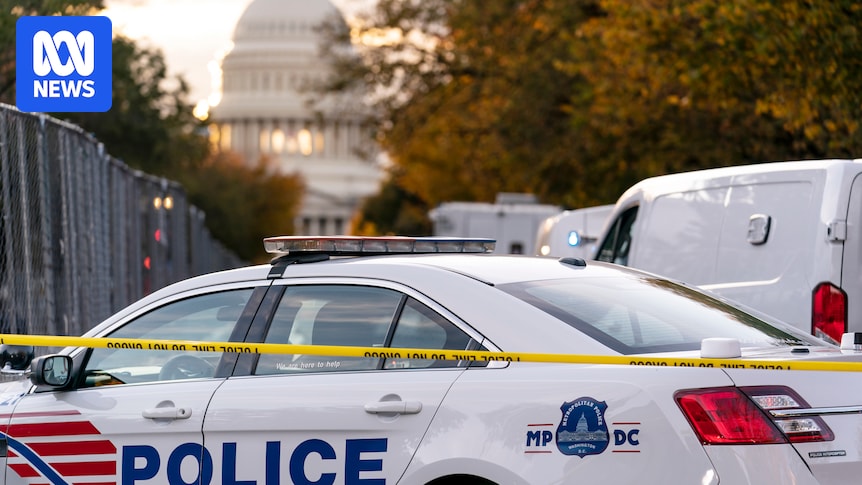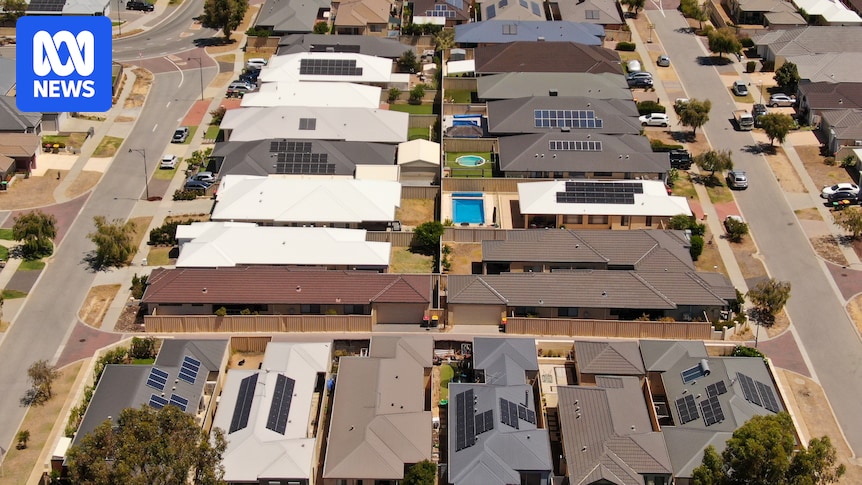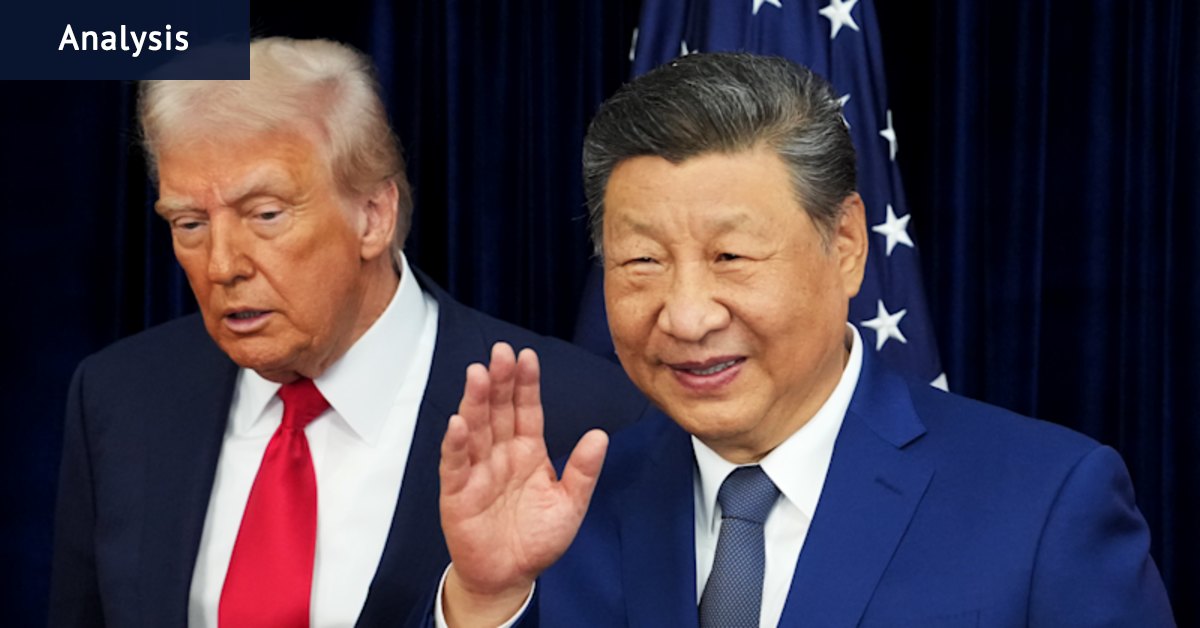
Washington DC has launched a legal challenge against US President Donald Trump’s controversial federal takeover of its police department. This move comes just hours after the Trump administration intensified its efforts to exert control over local policing. District of Columbia Attorney General Brian Schwalb filed a lawsuit asserting that President Trump has overstepped his legal authority.
In the lawsuit, Schwalb requested that a judge affirm the district’s control over its police department and sought an emergency restraining order. “The administration’s unlawful actions are an affront to the dignity and autonomy of the 700,000 Americans who call DC home,” Schwalb stated. “This is the gravest threat to Home Rule that the District has ever faced, and we are fighting to stop it.”
Federal Intervention Sparks Legal Dispute
The legal challenge arises after Federal Attorney General Pam Bondi announced that Drug Enforcement Administration boss Terry Cole would assume the “powers and duties vested in the District of Columbia Chief of Police.” This directive requires the Metropolitan Police Department (MPD) to seek approval from Commissioner Cole before issuing any orders.
Washington Mayor Muriel Bowser responded on social media, asserting, “there is no statute that conveys the District’s personnel authority to a federal official.” The Justice Department and White House have yet to comment on the lawsuit.
Directive ‘Unlawful’, Argues DC Attorney-General
Attorney General Schwalb labeled Bondi’s directive as “unlawful,” arguing it should not be followed by the city’s police force. In a memo to Police Chief Pamela Smith, Schwalb instructed that “members of MPD must continue to follow your orders and not the orders of any official not appointed by the Mayor,” setting the stage for a legal confrontation.
The directive from Bondi came despite Chief Smith’s earlier instructions for MPD officers to share information with immigration agencies regarding individuals not in custody. The Justice Department criticized this stance, citing concerns over “sanctuary policies” that limit local law enforcement’s cooperation with federal immigration officers.
“The White House has revealed 45 arrests were made in Washington, DC on Wednesday night as more than 1,650 law enforcement officials take up a round-the-clock presence.”
Increased Federal Presence and Local Tensions
The police takeover marks the latest in a series of moves by President Trump to test the boundaries of his legal authority. The DC population, already on edge from heightened tensions, is witnessing a significant increase in federal law enforcement presence across the city.
National Guard troops are stationed at iconic landmarks, while Humvees have been positioned in front of the city’s main train station. Volunteers have assisted homeless individuals in vacating long-standing encampments, though their new locations remain unclear.
Community Response and Federal Strategy
Department of Homeland Security police were seen outside Nationals Park during a baseball game, while DEA agents patrolled The Wharf, a popular nightlife area. Secret Service officers were also observed in the Foggy Bottom neighborhood.
National Guard Major Micah Maxwell stated that troops are assisting law enforcement with traffic control and crowd management. “The Guard members have been trained in de-escalation tactics and crowd control equipment,” Maxwell added.
“This development follows a series of controversial decisions by the Trump administration to assert federal control over local jurisdictions.”
Implications and Future Outlook
The unfolding legal battle between Washington DC and the Trump administration highlights the ongoing tension between federal authority and local governance. As the case progresses, it will likely serve as a critical test of the limits of presidential power over municipal affairs.
The outcome of this lawsuit could set a precedent for future interactions between federal and local authorities, particularly in matters of law enforcement and public safety. As both sides prepare for a legal showdown, the residents of Washington DC remain at the center of a significant constitutional debate.





